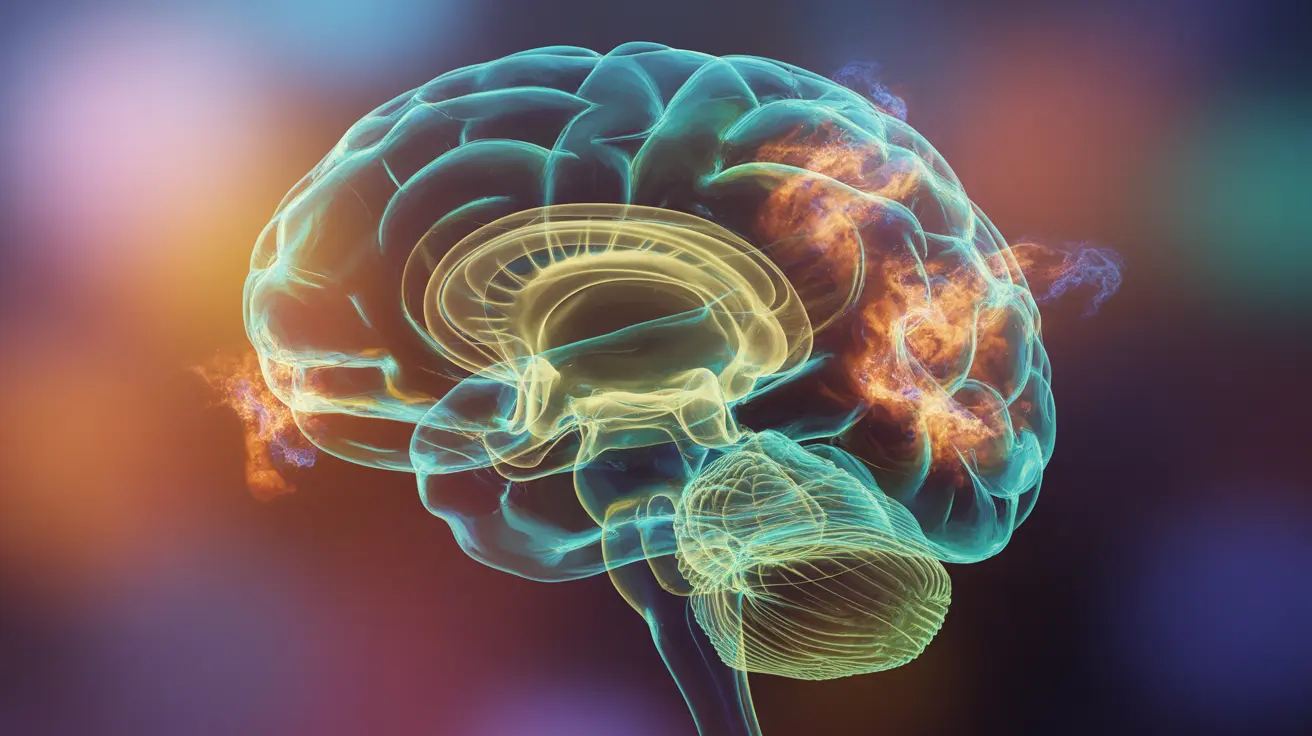Have you ever been absolutely certain about a memory, only to discover it never actually happened? This phenomenon, known as false memory, is a fascinating aspect of human psychology that affects countless individuals. Understanding how and why our minds create these fictional memories can help us better comprehend the complexity of human memory and its limitations.
False memories are more common than most people realize, ranging from simple misrememberings of everyday events to complex fabricated scenarios that feel completely real to those experiencing them. Let's explore this intriguing psychological phenomenon and its various manifestations in daily life.
Common Examples of False Memory
False memories can manifest in various ways, from minor daily occurrences to significant life events. Some common examples include:
- Misremembering where you placed everyday items
- Believing you sent an email that you only drafted
- Recalling conversations that never took place
- Having detailed memories of childhood events that didn't happen
- Remembering being present at events you only heard about or saw photos of
How False Memories Form
The formation of false memories involves complex cognitive processes that can be influenced by various factors:
Memory Reconstruction
Our brains don't store memories like video recordings. Instead, they reconstruct memories each time we recall them, making them susceptible to modification and influence from new information, emotions, and experiences.
Suggestibility and External Influence
False memories can be created or reinforced through suggestion, whether from other people, media exposure, or leading questions. This susceptibility to external influence makes our memories more malleable than we might think.
The Impact of False Memories on Legal Cases
In legal settings, false memories can have serious consequences, particularly in cases relying heavily on eyewitness testimony. Research has shown that eyewitnesses can develop false memories about criminal events, potentially leading to wrongful convictions or acquittals.
Factors Affecting Eyewitness Reliability
- Stress during the witnessed event
- Time elapsed since the incident
- Leading questions during interviews
- Exposure to post-event information
- Confirmation bias
The Mandela Effect
The Mandela Effect refers to a phenomenon where large groups of people share the same false memory. Named after Nelson Mandela, when many people incorrectly remembered him dying in prison in the 1980s, this collective misremembering demonstrates how false memories can spread across populations.
The Role of Therapy in Memory Formation
While therapy can be incredibly beneficial, certain therapeutic techniques may inadvertently contribute to the formation of false memories. This is particularly relevant in cases involving recovered memories, where the line between actual and constructed memories can become blurred.
Frequently Asked Questions
What are some common examples of false memories that people experience? Common false memories include misremembering where you put items, believing you completed tasks you only thought about doing, and having detailed recollections of events that didn't occur as remembered.
How do false memories form and why do people believe them so strongly? False memories form through the brain's process of memory reconstruction, influenced by suggestions, emotions, and new information. People believe them strongly because the brain creates these memories with the same neural mechanisms used for storing real memories.
Can false memories affect eyewitness testimony in legal cases? Yes, false memories can significantly impact eyewitness testimony. Factors such as stress, leading questions during interviews, and exposure to post-event information can alter witnesses' recollections of events.
How can therapy unintentionally create or influence false memories? Certain therapeutic techniques, particularly those involving memory recovery, can inadvertently suggest or reinforce false memories through leading questions or the power of suggestion.
What is the Mandela Effect and how does it relate to false memories? The Mandela Effect is a phenomenon where large groups of people share the same false memory. It demonstrates how false memories can be collective experiences, affecting multiple individuals in similar ways.




